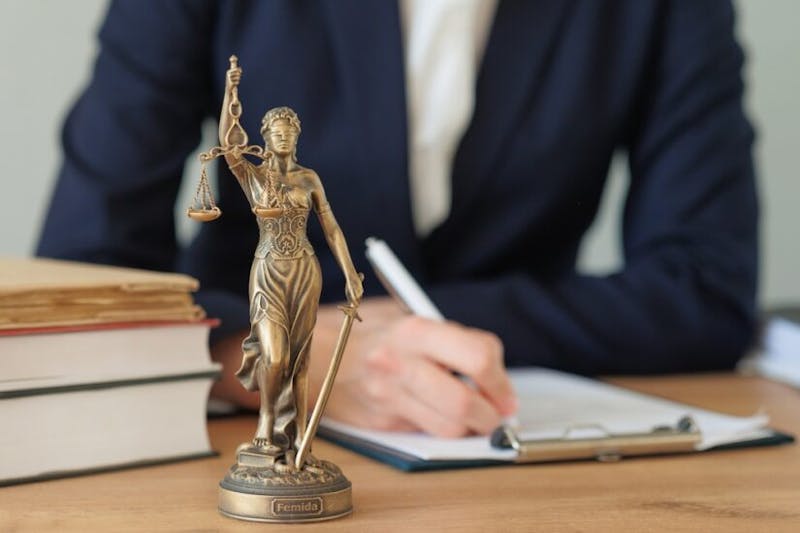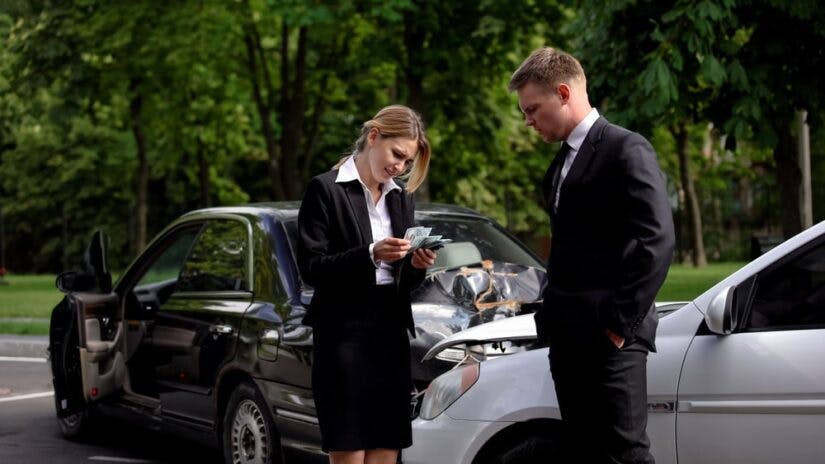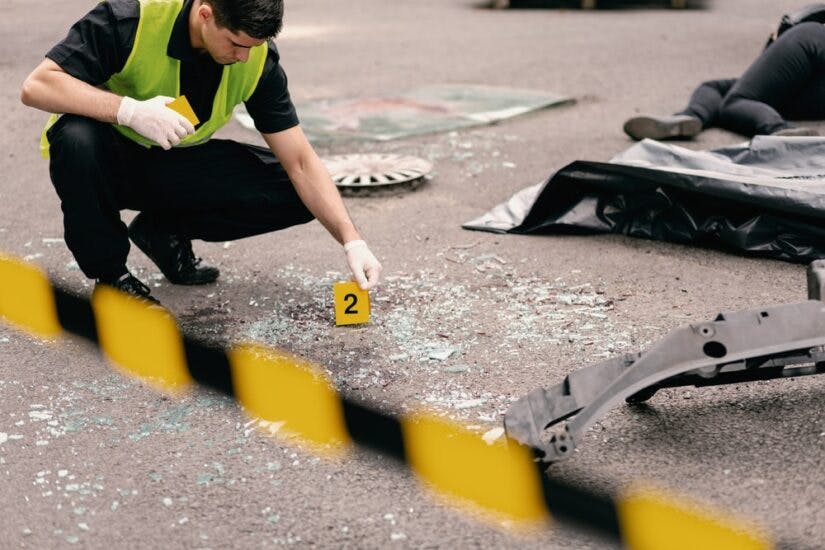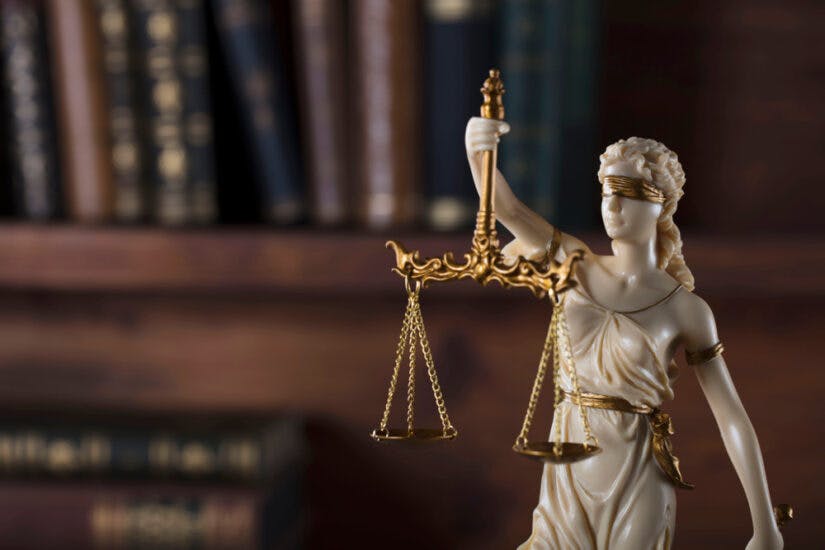
When someone is injured while on an owner’s property, they can often be held accountable for any damages. This is because they would be at fault due to premises liability. Georgia premises liability laws state that a property owner is responsible for keeping and maintaining the condition of their property.
In these cases, however, the property owner is only at fault some of the time. Many details contribute to the level of liability placed on the owner. One such factor is the reason the defending party was at the property. Here are a few things to understand about the difference between licensees, invitees, and trespassers in premises liability cases:
What Are Licensees, Invitees, and Trespassers?
Each type of visitor who steps on an owner’s property will be categorized as a licensee, invitee, or trespasser. A person who has entered or remained on the property without consent from the property owner is known as a trespasser. For example, someone who caused a car accident on private property might be considered a trespasser. This would require needing a car accident lawyer.
Licensees and invitees are legally allowed to be on the property, but their reasons will differ. For example, when a person is invited to the property by the property owner or is there to do business, they are considered an invitee.
There is a mutual benefit to the property owner for an invitee to be there, while a licensee’s presence is not beneficial. Licensees are visitors of the property who are there for a certain gain. A party guest, for example, is classified as a licensee since they are there having a good time.

Does a Property Owner Have a Duty to Protect Others?
To a degree, a property owner must protect others while on their property. For example, the property owner requires a reasonable attempt to protect licensees from any known hazards on the property. Yet, he is not obligated to inspect for and discover unknown dangers, as they do with invitees.
There are three main categories that visitors fall under. These categories are invitees, licensees, and trespassers. A weighted amount of duty is owed to each category.
Invitees
Individuals who have been invited to an owner’s property. These are the people who need to be protected unconstitutionally. The best way to gauge if a person is an invitee is to determine if they have been invited and expected to come by the owner. For example, a customer in a gas station would be considered an invitee.
Licensee
A person who is visiting an invitee for a personal reason would be considered a licensee. They are usually invited to a spot by an invitee. Licensees have the right to be kept safe under normal circumstances mainly because the owner should already be protecting the invitee. To better understand a licensee, think of it as someone visiting a friend at the mall. The licensee would be considered safe because the invitee is already being protected.
Trespassers
This category can be surprising. Premises liability claims that someone on a person’s property without permission is not entitled to be reasonably taken care of. An owner is responsible for a portion of a trespasser’s safety, however.
Therefore, a claim may be warranted if a trespasser can prove they were intentionally injured. Also, an owner that fails to warn trespassers of potential dangers on their property properly may be held accountable for injuries obtained.
What Is the Difference Between an Invitee and Licensee?
Both invitees and licensees were guests welcomed onto the owners’ property. While the two are more alike to the other than trespassers, there are distinct differences.
The main difference between an invitee and a licensee is the nature they are there for. For example, an invitee is on the property for business purposes, and a licensee visits the property for social purposes.
Examples of invitees include:
- Delivery drivers
- A grocery store
- Contractors working on a home
Examples of licensees include:
- An attendee at a party
- Someone using the restroom
- A guest visiting her friend’s house
These do not seem like major differences, yet they both play an important role in Georgia’s premises liability laws.

How Does the Classification of the Victim Affect the Case?
The classification of an injured victim will have an impact on the case. The laws state that a trespasser cannot recover compensation unless the property owner deliberately injures him. Licensees can recover damages if injured by a hazardous condition created by the property owner.
Damages can also be recovered when the owner has knowledge of hazardous conditions on the property but neglects to inform people of the issues. When injured due to hazardous conditions known by the property owner, invitees have the right to recover compensation. For instance, if a nail is stuck in the floor and this was the cause of an injury to an invitee, they will be covered if they were not warned about the hazard by the owner. However, if the person were a trespasser, they would not be entitled to compensation since they were not guests.
Invitees will be required to prove that the property owner knew about the nail or should have known about it to receive compensation. The classification of victims injured on public or private property could affect their ability to recover compensation.
If negligence by a property owner caused the guest harm, then an injured person could file premises liability claims. Civil law was implemented to hold property owners accountable for providing a safe environment to their guests.
What Must be Proven For a Case to Be Successful?
The following elements must be proven in a successful premises liability claim:
- The property owner was required to care for the injured party.
- The accident occurred due to the blatant disregard for the known issues.
- The property owner knows about the danger but has not followed through on the repairs.
- The neglect to fix the hazards was a direct cause of the injuries.
What Can I Do If I Was Injured on Someone’s Property?
Some factors play into if a person has a valid claim for being injured on another person’s property. If your injuries directly resulted from the property owner’s negligence, you might be entitled to some compensation through a personal injury lawsuit. What happens if you slip on a wet floor in a store? If you prove there was time enough to be warned of the dangers, yet they failed, then you may have a solid case.
In another scenario, you walk up the stairs to a doctor’s office. You trip over loose carpeting in the hall. Would you be entitled to damages if the hazard was known about prior to the accident? If this happened earlier in the same day, the landlord may not have had a chance to fix the issue. The amount of time a hazard was a threat would play a big role in the outcome of these cases.
The longer the incident could have been taken care of, the more reason an owner would have for being at fault. These steps include:
- Taking pictures of the hazard
- Ask the landlord for an official incident report
- Gather the information on any witness
- Requesting a copy of surveillance footage
- Get medical attention right away
- Document any injuries due to the accident
Evidence may not be able to sit around forever. Once the property owner is made aware of the issue you made a case for, they might decide to fix the problem. Then, the owner can get everything back to safe conditions and act as if the incident did not occur.
How Can a Licensee Collect Damages After an Accident?
Licensees must prove that the property owner knew the risks and hazards on the premises. Proving knowledge can be tough, but the personal injury lawyers at The PendergrassLaw Firm have experience winning these types of cases. We take that experience, and using it to prove the property owner’s guilt in one of the following ways:
Actual knowledge
- The property owner knew of the risks previously or was informed of them. An example will be if an owner receives numerous complaints of unlevel sidewalks.
Constructive Knowledge
- The property owner knew the licensee might encounter the hazard.
- This would need evidence that the hazard was present for an extended period. The owner may have needed to be informed of the problematic sidewalk in this example. He did, however, have enough time to see the issue and make a solution to fix the problem.

Meet With a lawyer at The Pendergrass Law Firm for Help Today
Suppose you hire a skilled personal injury attorney right away. In that case, your lawyer will be able to conduct an immediate investigation, gather evidence, and file subpoenas to obtain evidence that is being withheld. Your premises liability lawyer can also take on communication with the insurance company. This may be done to keep you from saying damaging things that could ruin your chances of victory.
Stay calm. Trying to decipher the differences between licensees, invitees, and trespassers can be a challenge. Contact one of our experienced accident lawyers at The Pendergrass Law Firm today. We are here to help. So call, fill out our quick contact form, or stop in for a free consultation and get the help you deserve.


